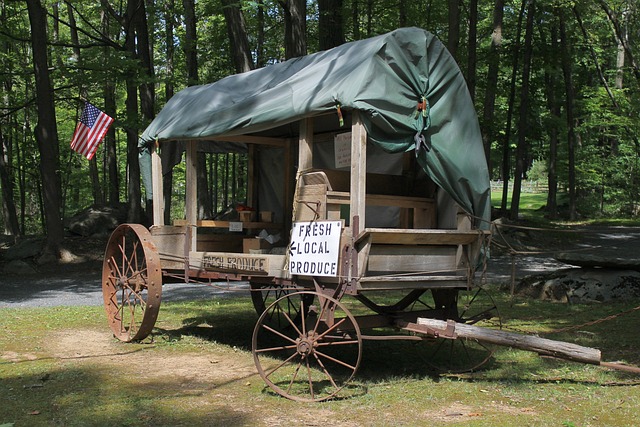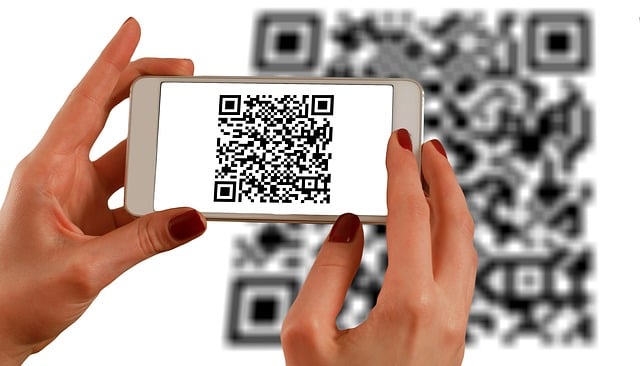Managing autodialer relationships in Pennsylvania requires a deep understanding of state laws, especially the Telephone Consumer Protection Act (TCPA), and the expertise of an autodialer attorney to ensure compliance. Building strong relationships with autodialer providers optimizes lead generation and client outreach. In regulated sectors like healthcare and finance, specialized autodialer attorneys are crucial for adhering to data privacy laws. Measuring success through KPIs like client outreach, response rates, and customer satisfaction ensures optimal results from autodialer strategies.
In the legal landscape of Pennsylvania, managing autodialer relationships is paramount for effective client outreach. This comprehensive guide explores best practices tailored to attorneys leveraging autodialers in compliance with local regulations. We delve into building robust partnerships with autodialer providers, mastering communication strategies for client interactions, ensuring data privacy, and measuring the success of your autodialer strategy. By adhering to these principles, Pennsylvania autodialer attorneys can enhance their outreach efforts while maintaining ethical standards.
Understanding Autodialer Laws and Regulations in Pennsylvania

In Pennsylvania, managing autodialer relationships involves a keen understanding of state laws and regulations designed to protect consumers from unwanted automated phone calls. The Telephone Consumer Protection Act (TCPA) is federal legislation that sets guidelines for telemarketing and auto-dialing practices, but Pennsylvania has its own specific rules, such as requiring prior express consent for automated calls. An autodialer attorney in Pennsylvania can guide businesses through these complexities, ensuring they comply with both state and federal laws.
This expertise is crucial to prevent costly legal issues and maintain positive consumer relationships. For instance, an attorney can help draft clear consent forms that outline how a company plans to use autodialers, what types of calls are allowed, and how consumers can opt out. Regular reviews of call records and training sessions for employees on the latest regulations are also essential practices to manage autodialer relationships effectively and responsibly in Pennsylvania.
Building Strong Relationships with Auto Dialer Providers

Building strong relationships with auto dialer providers is a strategic move for any business, especially those in competitive industries like legal services in Pennsylvania. An autodialer attorney in Pennsylvania should view their autodialer provider as a trusted partner, aiming to collaborate and grow together. This means open communication, where both parties share insights, expectations, and concerns. Regular check-ins can ensure the autodialer system remains optimized for effective lead generation and client outreach.
By fostering a cooperative environment, the attorney’s office can leverage the provider’s expertise to enhance their marketing strategies. This could involve using advanced features of the autodialer, such as personalized messaging or adaptive calling, to improve customer engagement. Ultimately, a robust relationship allows the attorney’s office to stay ahead in the market, efficiently managing calls and converting prospects into clients.
Effective Communication Strategies for Attorney-Client Interactions

In the context of using an autodialer for attorney-client interactions in Pennsylvania, effective communication strategies are paramount to building strong relationships and ensuring compliance with legal regulations. The key is to strike a balance between automated outreach and personalized engagement. Attorneys should leverage autodialers to initiate contact, set appointments, or send reminders, but these initial touches should be followed up with meaningful human interaction.
For instance, an autodialer can efficiently call a list of potential clients, delivering pre-scripted messages that outline legal services offered. However, the real value is added when an attorney follows up these calls with individualized outreach via email or phone, addressing specific client concerns and tailoring solutions to their needs. This blend of automated efficiency and personalized touch fosters trust, enhances client satisfaction, and ultimately drives successful relationships between attorneys and their Pennsylvania clients.
Best Practices for Data Privacy and Protection in Autodialing

When managing relationships with an autodialer, prioritizing data privacy and protection is paramount, especially for businesses in highly regulated industries like healthcare or finance. An autodialer attorney in Pennsylvania can guide companies on navigating complex legal requirements such as obtaining proper consent, ensuring data encryption during transmission, and implementing robust access controls to prevent unauthorized use or disclosure of consumer information.
Best practices include regularly reviewing and updating privacy policies to align with changing regulations, conducting thorough due diligence on third-party autodialer vendors, and establishing clear guidelines for data retention and disposal. Additionally, training employees on data protection best practices can help minimize the risk of human error or malicious activity. Staying proactive in these areas not only mitigates legal and financial risks but also builds trust with consumers, which is crucial for maintaining long-term business relationships.
Measuring Success: Evaluating the Impact of Your Autodialer Strategy

Measuring success is a critical aspect of managing any relationship, and working with an autodialer is no different, especially for Pennsylvania-based attorney firms. The impact of your autodialer strategy can be evaluated by setting clear key performance indicators (KPIs). These KPIs should align with your firm’s objectives, whether it’s increasing client outreach, improving response rates, or enhancing customer satisfaction. By tracking calls made, conversation duration, and conversion rates, you gain valuable insights into the efficiency of your autodialer system.
For instance, a Pennsylvania attorney utilizing an autodialer might measure success by observing a rise in return calls from potential clients after implementing the technology. This could indicate successful lead generation and engagement. Additionally, monitoring call abandonment rates can help identify areas for improvement; reducing hang-ups during initial contacts demonstrates the effectiveness of your autodialer strategy in providing seamless interactions. Regularly analyzing these metrics ensures your approach is fine-tuned to achieve optimal results.






